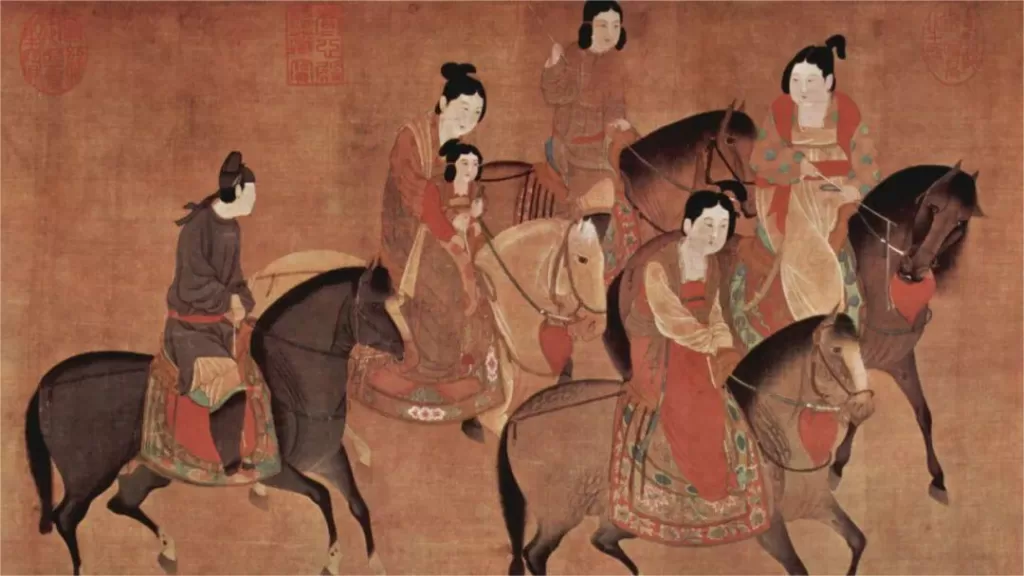¿Fue Tang Taizong de mente abierta


Tang Taizong, also known as Emperor Taizong of Tang, was the second emperor of the Tang Dynasty in China, ruling from 626 to 649 AD. He is widely regarded as one of the greatest emperors in Chinese history due to his wise governance, military accomplishments, and cultural contributions. When examining whether Tang Taizong was open-minded, we need to consider various aspects of his reign and personal beliefs.
Policy of Inclusion:
Tang Taizong implemented a policy of inclusiveness, welcoming people from different backgrounds and ethnicities into his government. He appointed officials based on their abilities rather than their social status or family background. This merit-based approach allowed talented individuals, regardless of their social standing, to serve in important positions. He even accepted surrendered enemies and incorporated them into his administration, recognizing their potential contributions.
Consultation and Debate:
Tang Taizong encouraged open discussion and debate within his court. He would listen to different viewpoints and consider them before making decisions. He established the “Three Offices and Six Ministries” system, which included multiple advisory councils and departments to ensure diverse perspectives were heard. Tang Taizong’s willingness to engage in dialogue and seek counsel from various sources demonstrated his openness to different ideas and perspectives.
Cultural and Intellectual Promotion:
Tang Taizong supported and patronized scholars, artists, and intellectuals. He established the prestigious Imperial Academy to nurture talent and provide education to aspiring scholars. He actively sought out talented individuals and valued their expertise, regardless of their social status. Tang Taizong’s support for the arts and intellectual pursuits reflected an open-minded attitude towards different forms of expression and creativity.
Foreign Relations:
Tang Taizong maintained diplomatic relations with neighboring states and established tributary relationships with various countries. He actively sought peaceful interactions and exchange of knowledge with other cultures. Tang Taizong sent diplomatic missions to Central Asia, the Korean Peninsula, and even reached out to distant empires like Byzantium. This international engagement showcased his willingness to learn from and engage with different civilizations.
Legal Reforms:
Tang Taizong implemented a series of legal reforms to ensure fairness and justice within his empire. He sought to strike a balance between the rule of law and flexibility in judicial decision-making. He established a comprehensive legal code that protected the rights of the people and allowed for individual appeals and complaints. This approach demonstrated a progressive and open-minded perspective towards legal and social issues.
While Tang Taizong exhibited several characteristics that can be interpreted as open-mindedness, it is important to consider the historical context of his rule. The concept of open-mindedness as understood in contemporary times may not directly align with the cultural and societal norms of Tang Dynasty China. Nevertheless, Tang Taizong’s inclusive policies, emphasis on dialogue and debate, support for cultural and intellectual pursuits, engagement with other civilizations, and legal reforms indicate a ruler who valued diverse perspectives and was willing to adapt to changing circumstances.